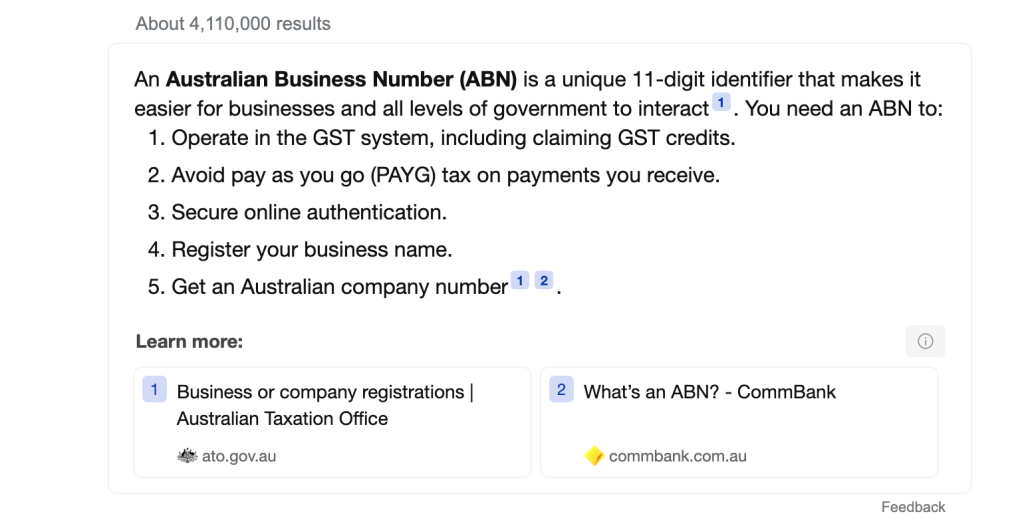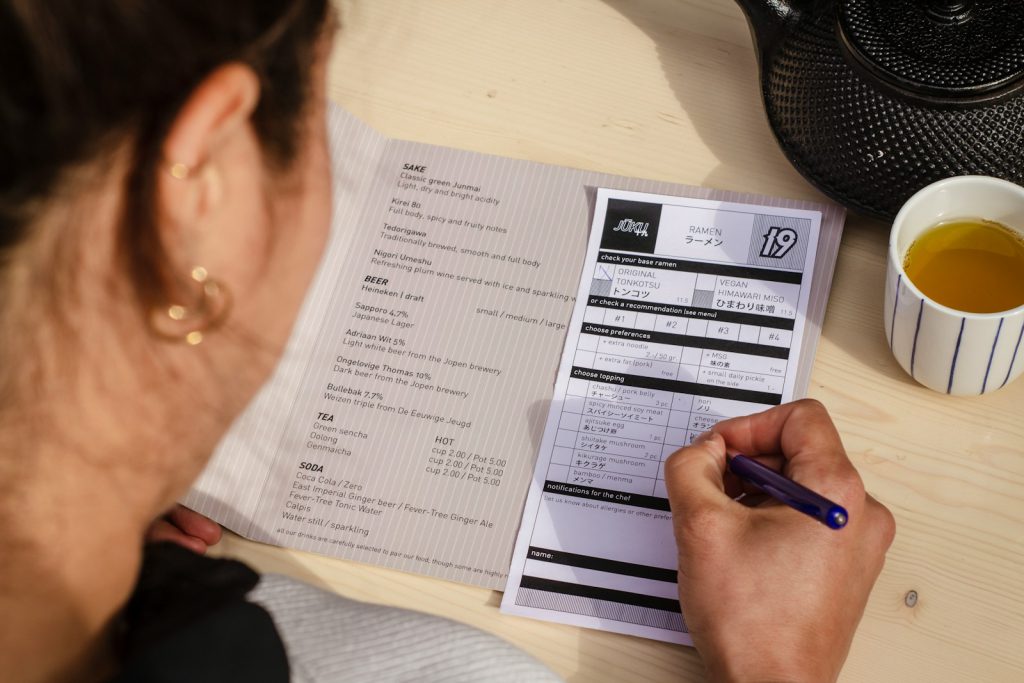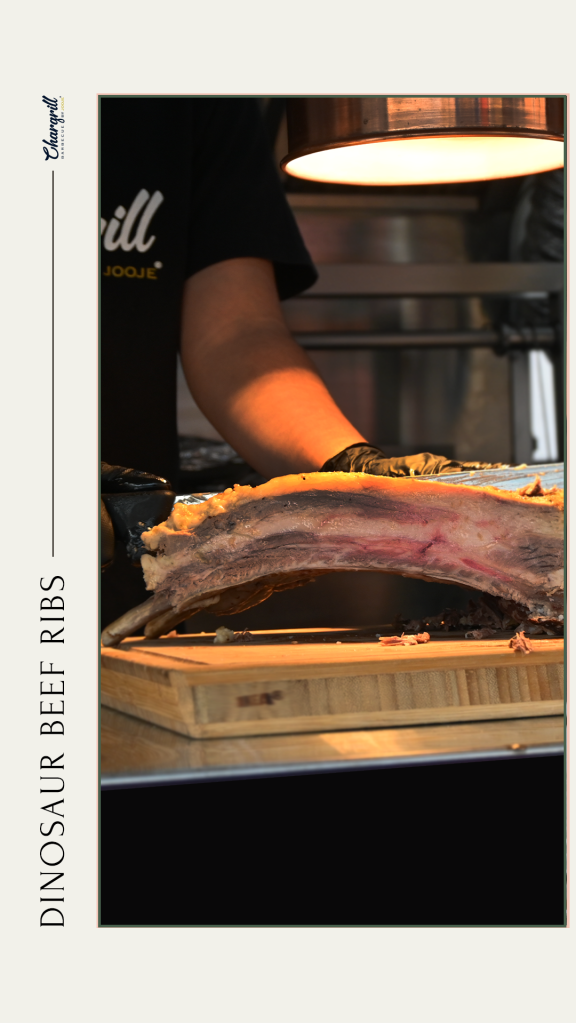Australia requires certain Licensing and Permits for BBQ Catering for starting a catering business, whether on-site or off-site, offers numerous opportunities to showcase your culinary talents and create memorable dining experiences. However, to operate legally and successfully, it’s essential to understand and comply with various licensing and permit requirements. This comprehensive guide will walk you through the necessary steps and considerations, ensuring that your business adheres to all relevant regulations.
Business Registration and Structure
2.1 Choosing a Business Structure
The first step in establishing your BBQ catering business is choosing the right business structure. The main options include:
- Sole Trader: This is the simplest and most common structure, where the business is owned and operated by one person. It offers full control but also means personal liability for business debts.
- Partnership: Involves two or more people sharing ownership and responsibility. Profits and losses are shared, and partners are jointly liable for business debts.
- Company: A more complex structure where the business is a separate legal entity. This limits personal liability but involves more regulatory requirements and administrative tasks.
- Trust: A trust is an arrangement where a trustee holds assets for the benefit of others (beneficiaries). This structure can offer tax benefits but requires detailed legal arrangements.
2.2 Registering Your Business Name
Once you’ve chosen a structure, you need to register your business name with the Australian Securities and Investments Commission (ASIC). This process ensures that your business name is legally recognized and protected.
2.3 Obtaining an ABN and GST Registration
An Australian Business Number (ABN) is essential for all business activities. You can apply for an ABN through the Australian Business Register. If your annual turnover exceeds $75,000, you must also register for Goods and Services Tax (GST). This involves:
- Charging GST on your goods and services
- Claiming credits for the GST included in the price of business purchases
- Lodging business activity statements to the Australian Taxation Office (ATO)

3. Food Business License
3.1 Understanding Food Business Licensing
A food business license is mandatory for any catering business in Australia. This license ensures that your business complies with food safety standards to protect public health. The application process involves:
- Submitting an Application: You must submit an application to your local council. The application will require details about your business operations, including the types of food you plan to prepare and serve.
- Food Safety Plan: You need to provide a detailed food safety plan outlining how you will manage food safety risks. This plan should cover food storage, preparation, cooking, and serving procedures.
- Premises Inspection: Your food preparation and storage areas must be inspected by health officials to ensure they meet health and safety standards. This includes having appropriate facilities for washing, refrigeration, and waste disposal.
3.2 State and Territory Requirements
Each state and territory in Australia has specific requirements and processes for obtaining a food business license. It’s crucial to check with your local council or regulatory authority to understand the exact requirements in your area.
4. On-Site vs. Off-Site BBQ Catering
4.1 On-Site BBQ Catering
On-site BBQ catering involves preparing and serving food at the location of the event. Key considerations for on-site catering include:
- Health and Safety Compliance: Ensuring your setup meets health and safety standards for food preparation and serving.
- Equipment and Facilities: Having the necessary equipment, such as BBQ grills, refrigeration units, and washing facilities, at the event location.
- Staff Training: Ensuring all staff are trained in food handling and safety procedures specific to on-site catering environments.
4.2 Off-Site BBQ Catering
Off-site BBQ catering involves preparing food at a central kitchen and transporting it to the event location. Key considerations for off-site catering include:
- Mobile Food Vendor Permit: Obtaining a permit for your food truck or trailer to ensure it complies with health and safety regulations.
- Food Transport: Ensuring proper transportation methods to maintain food safety and quality during transit.
- Setup at Event Location: Setting up a temporary food service area that meets health and safety standards at the event location.

5. Mobile Food Vendor Permit
5.1 Importance of Mobile Food Vendor Permits
Since off-site BBQ catering often involves using a mobile setup such as a food truck or trailer, obtaining a mobile food vendor permit is essential. This permit ensures that your mobile food unit complies with health and safety regulations while operating in various locations.
5.2 Application Process
The application process for a mobile food vendor permit typically includes:
- Vehicle Inspection: Your food truck or trailer will need to pass a health inspection to ensure it meets food safety standards. This includes having proper refrigeration, cooking, and washing facilities.
- Waste Disposal: You must have systems in place for proper waste disposal, including waste water and solid waste.
- Zoning Compliance: Ensure your mobile unit complies with local zoning laws. This involves understanding where you can and cannot operate your food truck.
6. Temporary Food Stall Permit
6.1 Operating Temporary Food Stalls
If you plan to operate temporary food stalls at events, markets, or festivals, a temporary food stall permit is required. This permit ensures that your temporary setup meets health and safety standards for the duration of the event.
6.2 Application Requirements
Applying for a temporary food stall permit involves:
- Temporary Setup Requirements: You must ensure your temporary stall has appropriate facilities for food preparation, storage, and waste disposal.
- Food Handling Procedures: Adherence to strict food handling procedures to prevent contamination and ensure food safety.
- Safety and Hygiene Standards: Compliance with safety and hygiene standards, including proper handwashing facilities, protective clothing, and regular cleaning.
7. Food Safety Supervisor Certification
7.1 Role of a Food Safety Supervisor
A food safety supervisor is responsible for overseeing food safety practices within your business. This role ensures that food is handled and prepared safely to prevent foodborne illnesses.
7.2 Certification Process
To become a certified food safety supervisor, you must:
- Complete an Accredited Course: Enroll in and complete an accredited food safety supervisor course. These courses cover essential topics such as food handling, storage, and hygiene practices.
- Demonstrate Knowledge: Demonstrate your knowledge of food safety regulations and best practices through assessments.
- Regular Renewal: Regularly renew your certification to stay updated with the latest food safety standards and practices.
8. Health and Safety Regulations
8.1 Compliance with Health Regulations
Maintaining compliance with health regulations is crucial for the success of your catering business. This involves:
- Regular Inspections: Your business premises and equipment will be subject to regular health inspections to ensure they meet health and safety standards.
- Food Handling and Storage: Adhering to guidelines for proper food handling, storage, and preparation to prevent contamination and foodborne illnesses.
- Staff Training: Ensuring all staff are trained in food safety practices and understand their responsibilities in maintaining a safe food environment.
8.2 Specific Health and Safety Requirements
Specific health and safety requirements may vary depending on your location and the nature of your business. It’s essential to stay informed about local regulations and ensure your business practices align with these requirements.
9. Liquor License (if applicable)
9.1 Importance of a Liquor License
If your BBQ catering service includes serving alcohol, obtaining a liquor license is necessary. The type of license required depends on the nature of your business and the events you cater to.
9.2 Application Process
The application process for a liquor license typically involves:
- Demonstrating Responsible Service: Demonstrating that you and your staff are trained in the responsible service of alcohol (RSA). This includes understanding the legal requirements for serving alcohol and managing intoxicated patrons.
- Completing Training Courses: Completing necessary training courses related to alcohol service and safety.
- Adhering to Serving Guidelines: Adhering to specific guidelines for serving alcohol, including age verification and limiting alcohol consumption to prevent over-intoxication.
10. Insurance Requirements
10.1 Importance of Insurance
Insurance is essential for protecting your business against various risks. The key types of insurance for a catering business include:
- Public Liability Insurance: Protects your business against claims of injury or damage caused by your operations. This is particularly important for on-site and off-site catering, where you may be operating in different environments.
- Product Liability Insurance: Covers claims related to the products you sell, including foodborne illnesses or allergic reactions.
- Workers’ Compensation Insurance: If you have employees, workers’ compensation insurance is mandatory. This covers medical expenses and lost wages for employees injured on the job.
11. Environmental Considerations
11.1 Compliance with Environmental Regulations
Environmental regulations may impact your catering business, particularly in waste management and emissions from BBQ equipment. Ensuring compliance involves:
- Proper Waste Disposal: Implementing systems for proper waste disposal, including waste water and solid waste. This helps prevent environmental contamination and complies with local regulations.
- Minimizing Environmental Impact: Taking steps to minimize the environmental impact of your operations, such as using eco-friendly packaging and reducing emissions from BBQ equipment.
- Adhering to Local Regulations: Staying informed about local environmental regulations and ensuring your business practices align with these requirements.
12. Conclusion
Navigating the landscape of licensing and permits for BBQ catering in Australia, whether on-site or off-site, requires careful planning and attention to detail. By understanding and complying with these requirements, you can ensure your business operates legally and successfully. For detailed guidance specific to your location, consult your local council and relevant regulatory bodies.
Ensuring compliance with all the necessary licenses and permits not only helps you avoid legal issues but also builds trust with your customers, who can be confident that your business meets the highest standards of safety and professionalism. This trust is vital in the competitive food industry, where reputation is everything.
13. Additional Resources
To further aid in your journey to setting up a successful BBQ catering business, here are some additional resources and contacts:
- Local Council Websites: These provide specific information on local requirements and application processes.
- Food Standards Australia New Zealand (FSANZ): Offers comprehensive guidelines on food safety standards.
- Australian Business Register (ABR): For ABN applications and business registration.
- Australian Taxation Office (ATO): For GST registration and tax-related information.
- Industry Associations: Joining associations such as the Catering Institute of Australia can provide networking opportunities and additional support.
14. Frequently Asked Questions (FAQs)
14.1 Do I need different permits for on-site and off-site catering?
Yes, different permits may be required for on-site and off-site catering. On-site catering typically requires health and safety compliance for the event location, while off-site catering may require mobile food vendor permits and considerations for food transport.
14.2 How often do I need to renew my food business license?
The renewal period for food business licenses varies by state and territory. Typically, it’s an annual renewal, but you should check with your local council for specific details.
14.3 What training is required for my staff?
All staff involved in food handling must be trained in food safety practices. Additionally, a certified food safety supervisor must oversee food safety practices. If serving alcohol, staff must also complete Responsible Service of Alcohol (RSA) training.
14.4 What are the key insurance policies I need?
The key insurance policies include public liability insurance, product liability insurance, and workers’ compensation insurance if you have employees. These policies protect your business against various risks, including injury, property damage, and employee accidents.
14.5 How can I ensure my business is environmentally friendly?
To ensure your business is environmentally friendly, implement proper waste disposal systems, use eco-friendly packaging, and minimize emissions from BBQ equipment. Adhering to local environmental regulations and seeking ways to reduce your environmental impact can also help.
References
- Australian Securities and Investments Commission (ASIC)
- Website: https://www.asic.gov.au
- Description: ASIC is the regulatory authority responsible for company and business name registrations in Australia. They provide comprehensive information on business structures and registration processes.
- Food Standards Australia New Zealand (FSANZ)
- Website: https://www.foodstandards.gov.au
- Description: FSANZ develops and manages standards for food safety in Australia and New Zealand, providing guidelines and resources for food businesses to ensure compliance with health and safety regulations.
- Australian Business Register (ABR)
- Website: https://www.abr.gov.au
- Description: The ABR is the official platform for applying for an Australian Business Number (ABN) and registering for Goods and Services Tax (GST). They offer essential information on business registration and tax requirements.
- Australian Taxation Office (ATO)
- Website: https://www.ato.gov.au
- Description: The ATO provides detailed information on tax obligations for businesses, including GST registration, business activity statements, and other tax-related matters.



